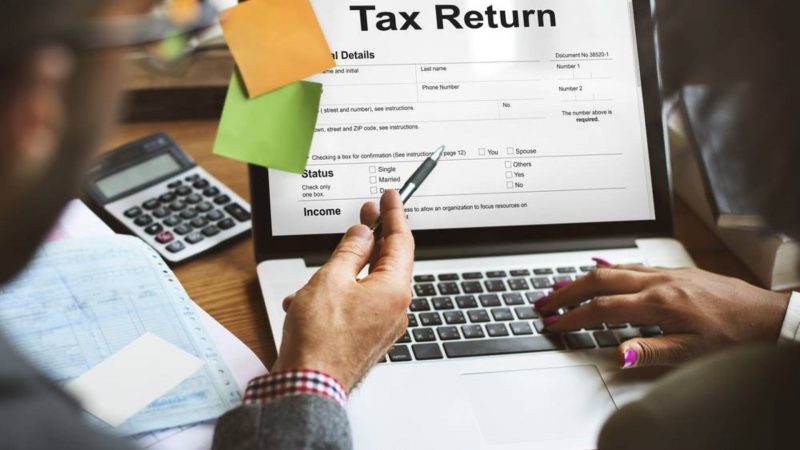
ITR Filing 2023: What is Form 16 For Salaried Individuals?
All eligible citizens are liable to file income tax returns to disclose their overall financial status, as mandated by the Income Tax Department. If an individual’s annual income crosses the basic exemption limit, which is ₹3 Lakh under the new tax regime, then he or she becomes liable to file ITR. To avoid any strict actions by the government a taxpayer has to complete the process within the due date and accurately. Because failing to file ITR means attracting penalties and legal actions.

ITR Filing and Form 16 for Salaried Individuals
Apart from these benefits, another reason to file ITR is to claim tax refunds while sustaining a legal business. So, if a taxpayer pays the amount more than its total tax liability then he or she can claim refunds. Filing ITR periodically also helps you to build financial credibility.
Form 16, as notified by the IT department, is an important document for salaried individuals as a valid income proof and tax deducted at source (TDS) in a financial year. So, Form 16 contains crucial details of employees including name and PAN (Permanent Account Number), employer’s name and PAN, income, tax deducted, and other relevant details. It is issued by employers to their employees on or before the 15th of June of the relevant financial year.
In the ITR filing process, Form 16 plays an essential role. It consists of all the vital information that is necessary to evaluate taxable liability and taxable payable amount. “Without Form 16, it may be difficult for salaried employees to file their ITRs accurately and efficiently, which can result in penalties or legal issues. However, ITR can be filed without Form 16 provided all details are correctly filed by the taxpayers.”
“Moreover, Form 16 is accepted as valid proof of income by banks and financial institutions when employees apply for loans or credit cards. Therefore, it is crucial for salaried employees to obtain Form 16 from their employers every year and keep it safe for future reference.” mentioned by News18.
Also read:
Money Mantra: The Right Way To Invest in Mutual Funds Explained
List Information That Forms 16 Holds:
- “Details of TDS (Tax Deducted at Source) on salary, interest income, rent, and other sources.
- Details of TCS (Tax Collected at Source) if any.
- Details of Advance Tax/Self-Assessment Tax/Regular Assessment Tax paid by the taxpayer.
- Details of high-value transactions like property purchases, investments, etc. if any.
- Details of tax refunds received in the financial year.”



